Diethyl pyrocarbonate
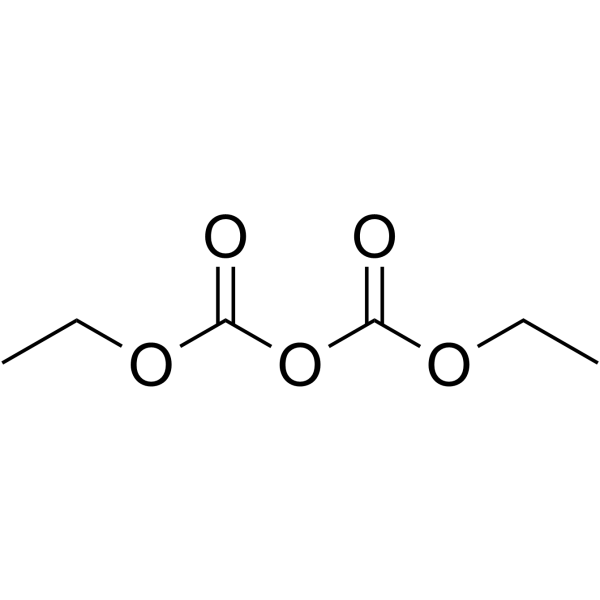
Diethyl pyrocarbonate structure
|
Common Name | Diethyl pyrocarbonate | ||
|---|---|---|---|---|
| CAS Number | 1609-47-8 | Molecular Weight | 162.141 | |
| Density | 1.2±0.1 g/cm3 | Boiling Point | 201.3±9.0 °C at 760 mmHg | |
| Molecular Formula | C6H10O5 | Melting Point | N/A | |
| MSDS | Chinese USA | Flash Point | 69.4±0.0 °C | |
| Symbol |

GHS07 |
Signal Word | Warning | |
Use of Diethyl pyrocarbonateDiethyl pyrocarbonate is a potent, non-specific chemical inhibitor of RNase. Diethyl pyrocarbonate has been useful in vitro as an agent relatively specific for binding to imidazole of histidine. Diethyl pyrocarbonate inhibits central chemosensitivity in rabbits. Diethyl pyrocarbonate can modify Ser, Thr, His and Tyr residues[1]. |
| Name | diethyl pyrocarbonate |
|---|---|
| Synonym | More Synonyms |
| Description | Diethyl pyrocarbonate is a potent, non-specific chemical inhibitor of RNase. Diethyl pyrocarbonate has been useful in vitro as an agent relatively specific for binding to imidazole of histidine. Diethyl pyrocarbonate inhibits central chemosensitivity in rabbits. Diethyl pyrocarbonate can modify Ser, Thr, His and Tyr residues[1]. |
|---|---|
| Related Catalog | |
| References |
| Density | 1.2±0.1 g/cm3 |
|---|---|
| Boiling Point | 201.3±9.0 °C at 760 mmHg |
| Molecular Formula | C6H10O5 |
| Molecular Weight | 162.141 |
| Flash Point | 69.4±0.0 °C |
| Exact Mass | 162.052826 |
| PSA | 61.83000 |
| LogP | 1.48 |
| Vapour Pressure | 0.3±0.4 mmHg at 25°C |
| Index of Refraction | 1.413 |
| InChIKey | FFYPMLJYZAEMQB-UHFFFAOYSA-N |
| SMILES | CCOC(=O)OC(=O)OCC |
| Storage condition | 2-8°C |
| Stability | Combustible. Unstable - readily decomposes. Incompatible with strong oxidizing agents, strong acids, strong reducing agents, strong bases, ammonia. |
| Water Solubility | slow decomposition |
CHEMICAL IDENTIFICATION
HEALTH HAZARD DATAACUTE TOXICITY DATA
|
| Symbol |

GHS07 |
|---|---|
| Signal Word | Warning |
| Hazard Statements | H302-H315-H319-H335 |
| Precautionary Statements | P261-P305 + P351 + P338 |
| Personal Protective Equipment | Eyeshields;Faceshields;full-face respirator (US);Gloves;multi-purpose combination respirator cartridge (US);type ABEK (EN14387) respirator filter |
| Hazard Codes | Xn:Harmful; |
| Risk Phrases | R22;R36/37/38 |
| Safety Phrases | S26-S36-S37/39 |
| RIDADR | 2810 |
| WGK Germany | 3 |
| RTECS | LQ9350000 |
| Packaging Group | III |
| Hazard Class | 6.1(b) |
| HS Code | 2920909090 |
|
~93% 
Diethyl pyrocar... CAS#:1609-47-8 |
| Literature: Plusquellec, Daniel; Roulleau, Fabienne; Lefeuvre, Martine; Brown, Eric Tetrahedron, 1988 , vol. 44, # 9 p. 2471 - 2476 |
|
~% 
Diethyl pyrocar... CAS#:1609-47-8 |
| Literature: US5231211 A1, ; |
|
~% 
Diethyl pyrocar... CAS#:1609-47-8
Detail
|
| Literature: US6346650 B1, ; Page column 6-7 ; |
|
~%
Detail
|
| Literature: Journal of Organic Chemistry, , vol. 65, # 20 p. 6368 - 6380 |
|
~% 
Diethyl pyrocar... CAS#:1609-47-8
Detail
|
| Literature: Chemische Berichte, , vol. 71, p. 1797,1802 |
| Precursor 7 | |
|---|---|
| DownStream 9 | |
| HS Code | 2920909090 |
|---|---|
| Summary | 2920909090 esters of other inorganic acids of non-metals (excluding esters of hydrogen halides) and their salts; their halogenated, sulphonated, nitrated or nitrosated derivatives。Supervision conditions:None。VAT:17.0%。Tax rebate rate:9.0%。MFN tariff:6.5%。General tariff:30.0% |
|
The effects of triclosan on pluripotency factors and development of mouse embryonic stem cells and zebrafish.
Arch. Toxicol. 89(4) , 635-46, (2015) Triclosan (TCS) poses potential risks to reproduction and development due to its endocrine-disrupting properties. However, the mechanism of TCS's effects on early embryonic development is little known... |
|
|
Unbinding forces and energies between a siRNA molecule and a dendrimer measured by force spectroscopy.
Nanoscale 7 , 20267-76, (2015) We have measured the intermolecular forces between small interference RNA (siRNA) and polyamidoamine dendrimers at the single molecular level. A single molecule force spectroscopy approach has been de... |
|
|
Carbamazepine attenuates inducible nitric oxide synthase expression through Akt inhibition in activated microglial cells.
Pharm. Biol. 52(11) , 1451-9, (2014) Abstract Background: Carbamazepine, which was developed primarily for the treatment of epilepsy, is now also useful for the treatment of non-epileptic disorders and inflammatory hyperalgesia. However,... |
| Diethyl pyrocarbonate |
| MFCD00009106 |
| ethoxycarbonyl ethyl carbonate |
| diethyl dicarbonate |
| DEP,DEPC,Diethyl dicarbonate |
| Diethyl pyrocarbonate (DEPC) |
| Diethyl oxydiformate |
| Ethoxyformic acid anhydride |
| EINECS 216-542-8 |
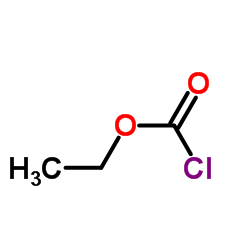
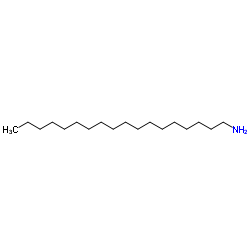

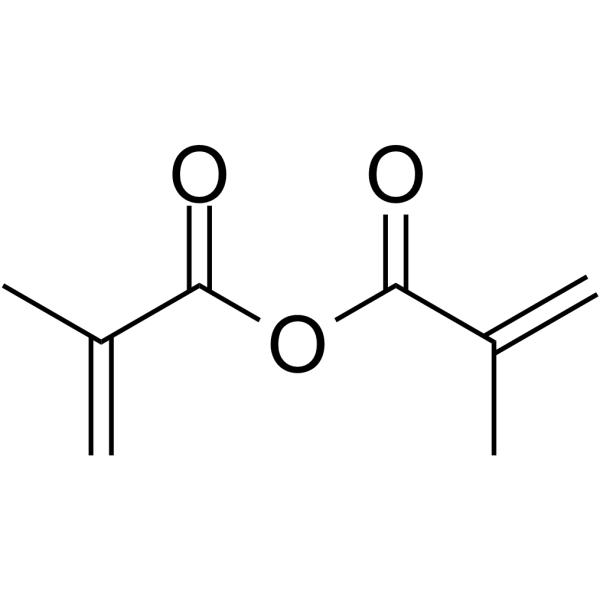

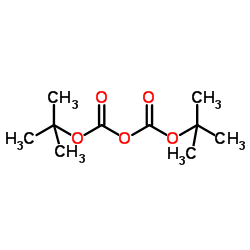


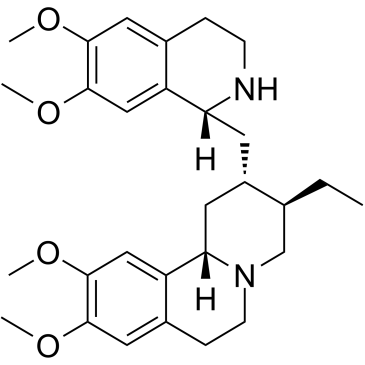
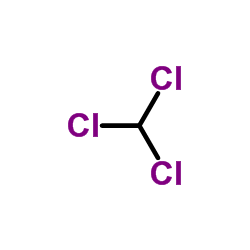
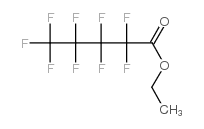 CAS#:424-36-2
CAS#:424-36-2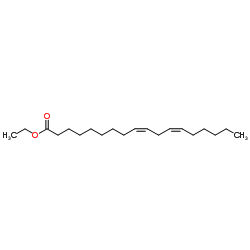 CAS#:544-35-4
CAS#:544-35-4 CAS#:41430-70-0
CAS#:41430-70-0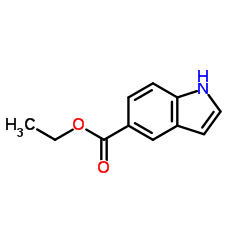 CAS#:32996-16-0
CAS#:32996-16-0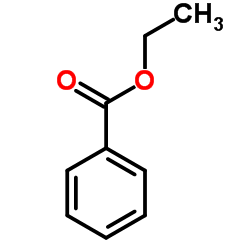 CAS#:93-89-0
CAS#:93-89-0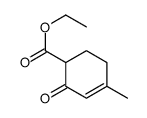 CAS#:14619-42-2
CAS#:14619-42-2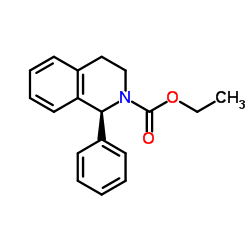 CAS#:180468-42-2
CAS#:180468-42-2 CAS#:94-30-4
CAS#:94-30-4 CAS#:1847-84-3
CAS#:1847-84-3
